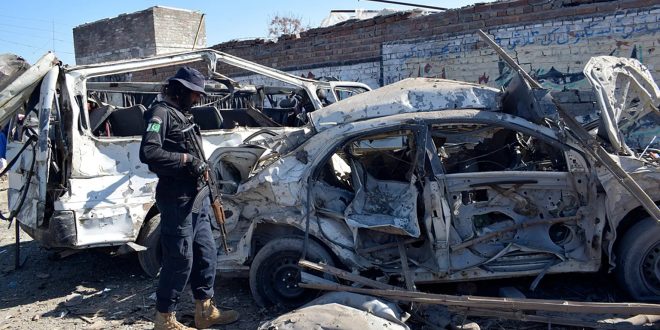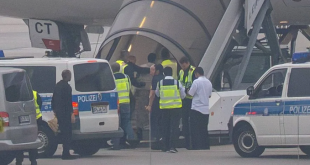KABUL – Pakistan’s fragile security landscape was thrust back into global focus on Tuesday after security forces foiled a planned suicide bombing in the capital, arresting a bomber and several facilitators tied to cross-border militant networks.
According to investigators, the would-be attacker — an Afghan national trained in Afghanistan’s Paktika province — had been tasked with targeting a sensitive installation in Islamabad. Officials confirmed that the bomber had undergone training at the notorious “Al-Farooq Fidai Camp,” a militant facility known for producing suicide attackers. His handler, identified as a commander originally from Qila Abdullah, had scouted locations in the twin cities before finalizing the plan earlier this summer.
The foiled plot comes as Pakistan faces an alarming surge in extremist violence, much of it linked to infiltration across the Afghan frontier. In mid-July, security forces arrested five teenage suicide bombers, all Afghan nationals aged 15 to 18, after they attempted to cross into Pakistan. The group, carrying Afghan ID cards, surrendered after being cornered inside a mosque near Besikhel — an incident that underscored the recruitment of children for deadly missions.
Just weeks earlier, on June 30, Pakistan’s Counter Terrorism Department (CTD) killed a suicide bomber and their handler in an intelligence-based operation outside Peshawar, averting what officials described as a “major attack” on a strategic facility.
But despite these successes, militants have struck with devastating force. On June 28, a suicide bomber rammed an explosives-laden vehicle into a military convoy in Mir Ali, North Waziristan, killing 16 soldiers and wounding 29 others — one of the deadliest attacks in recent years. And on March 4, four suicide attackers stormed Bannu Cantonment, leaving at least 29 people dead, including 16 soldiers and 13 civilians. The assault was a chilling reminder of Pakistan’s persistent vulnerability to well-coordinated strikes on its security infrastructure.
 Afghanistan Times
Afghanistan Times




